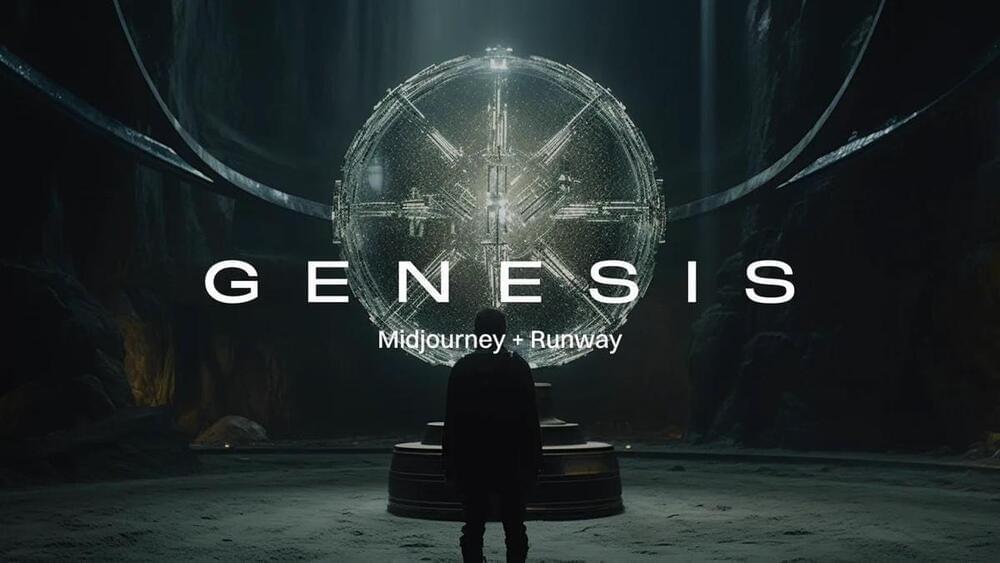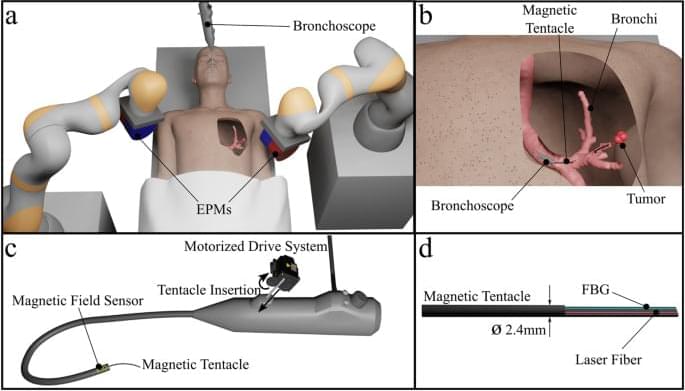Patreon: https://www.patreon.com/seanmcarroll.
Blog post with audio player, show notes, and transcript: https://www.preposterousuniverse.com/podcast/2023/08/07/ama-august-2023/
Welcome to the August 2023 Ask Me Anything episode of Mindscape! These monthly excursions are funded by Patreon supporters (who are also the ones asking the questions). We take questions asked by Patreons, whittle them down to a more manageable number — based primarily on whether I have anything interesting to say about them, not whether the questions themselves are good — and sometimes group them together if they are about a similar topic. Enjoy!
Mindscape Podcast playlist: https://www.youtube.com/playlist?list=PLrxfgDEc2NxY_fRExpDXr87tzRbPCaA5x.
Sean Carroll channel: https://www.youtube.com/c/seancarroll.
#podcast #ideas #science #philosophy #culture



